Lismore's 41st Battalion looking to other nationalities for new recruits
Lara Leahy
20 September 2024, 9:00 PM
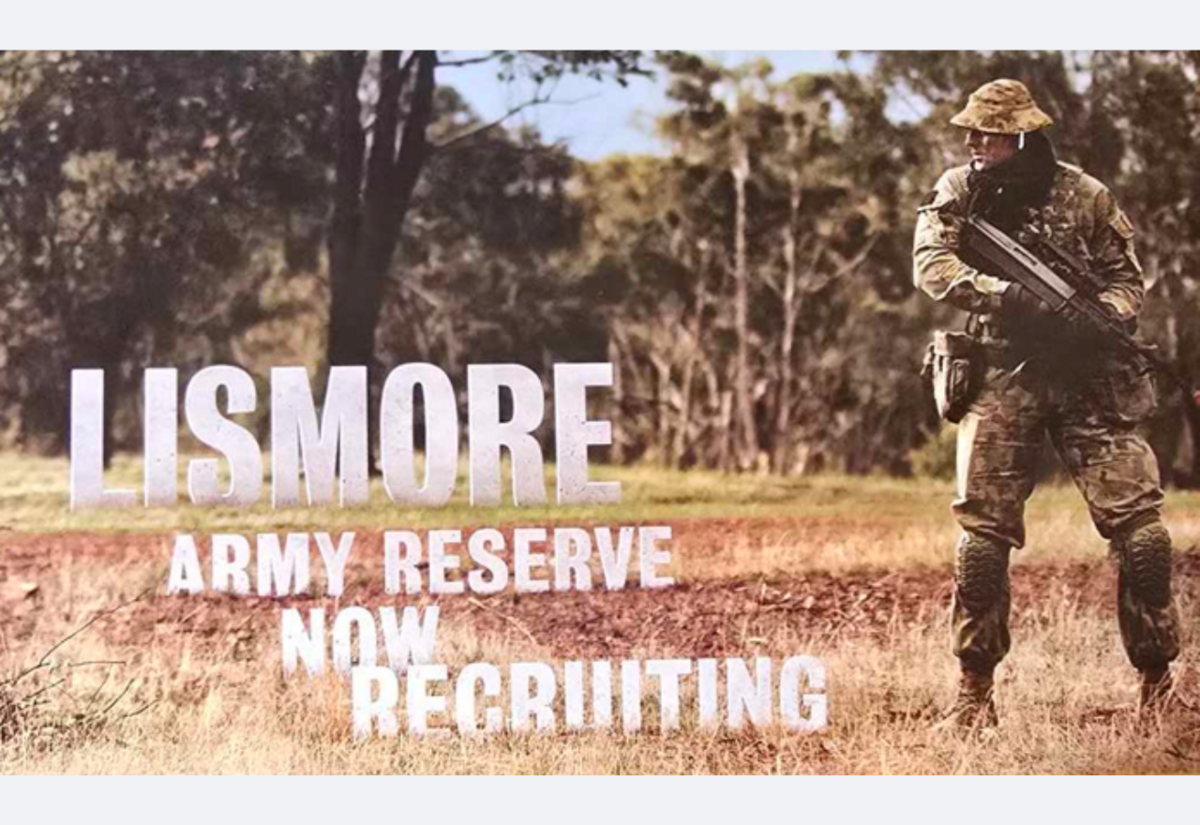
Lismore’s local army division, the 41st Battalion has been looking for new members to join the Army Reserves. That isn’t new or news - the armed forces are always looking to attract good talent. Therein lies part of the problem - everyone is looking for good talent!
To combat this, the army's recruiting strategy has changed, more specifically, who it is able to recruit.
From July 1st, the Australian Army started to take in recruits from New Zealand. And from January 1st, 2025, four more nationalities will have the opportunity to join the Australian Army.
Lieutenant Colonel Daniel Healy, the commanding officer for the 41st Battalion at Lismore, spoke about the current problem in hiring recruits.
“In terms of growing our organisation, it's so challenging at the moment because unemployment is so low, and we're competing with other Australian organisations and international organisations for talent.
“So we are broadening, within policy requirements, who we're allowed to recruit to.
“We need leaders. It’s an exciting opportunity for anyone in the community that's not yet a citizen but is a resident.
“At this stage, from the first of July, New Zealanders, and then from the first of January (2025), United Kingdom, US and Canadian citizens will be eligible. They tend to be our closest partners. That's why it's limited to those allies.”
For anyone looking for an alternative income stream, a new set of skills, or some funded adventure, joining the Army Reserves offers many benefits.
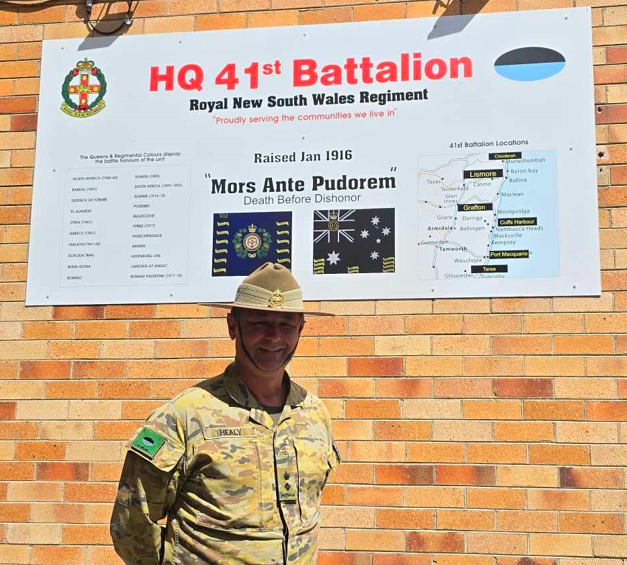
(Lieutenant Colonel Danial Healy at the 41st Battalion headquarters)
“There are people out there that had their primary career and so forth, and now they want to pivot to something different.
“We offer adventure, that exciting career, as well as technical skills that any of them might want to do as a second career to their civilian career.
“If you don't think infantry is for you, then go for one of the other trades, transport, truck driver, catering or signaller, which is communications.
“There are benefits for travel and those sorts of things for members of the community that are high performing and really making an effort.
“We offer rewards to them with the opportunity to go on major exercises, particularly international engagement or operations. If that's what they want, and they're able to get away from their civilian employment for that period.
“There's also public events of significance as well, such as the Commonwealth Games in the past, Operation Gold. There’s the 2032 Olympics coming up, which no doubt we will have a call for support.
“Anything to do with security or assisting the community, that's in addition to our primary role, which is the defence of Australia.
“You become a member of a larger family. And I think you get really well paid for the days that you serve.”
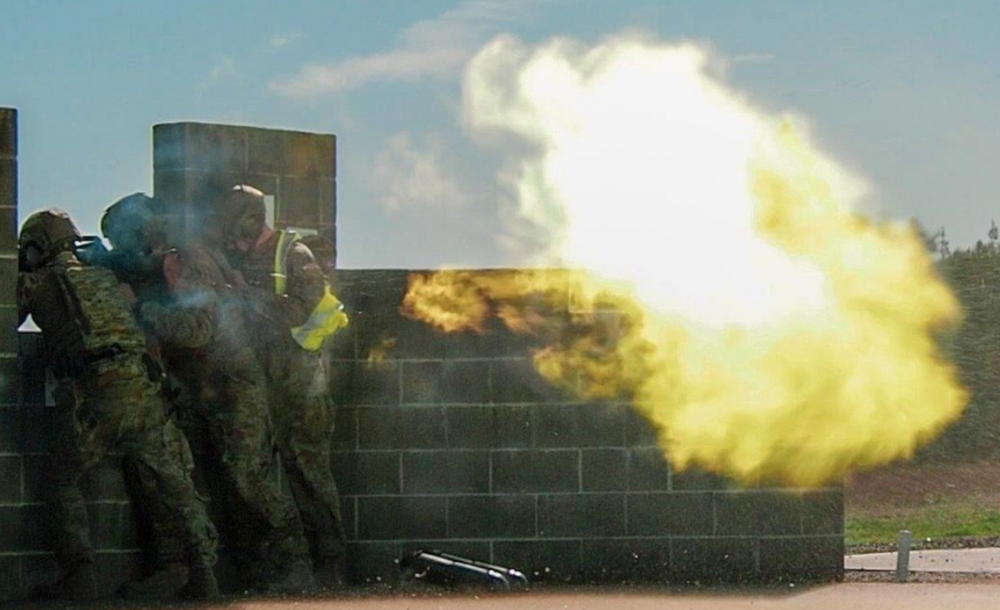
(In training)
The quality of army training is specific and designed to bring out your best.
“There is mutual benefit to their civilian employers or on your resume with leadership, team skills, organisational skills, time management, discipline, dress and bearing.
“They're the sorts of benefits that a lot of our members, I feel, get out of their military service, no matter what service they're in.”
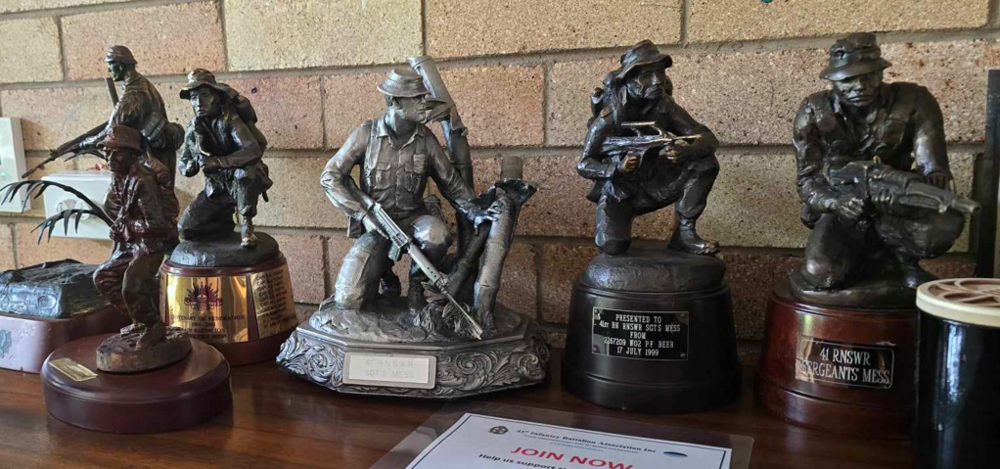
The 41st Battalion is a little different than most cohorts.
“We're a small battalion consisting of two companies, all the way from Taree to Tweed Heads.
“We're Army Reserve infantry battalion, but we're unique from others contributing in that we also have what's called a combat service support team, which is the logistics staff, essentially.
“So truck drivers, we've got a transport section. We have cooks in the catering section, and we've got an FRT, which are fitters and Turners, essentially, but mechanical trades. We also have roles in signals and so forth.
“So we're quite diverse compared to other units, which tend to be focused on a single trade.”
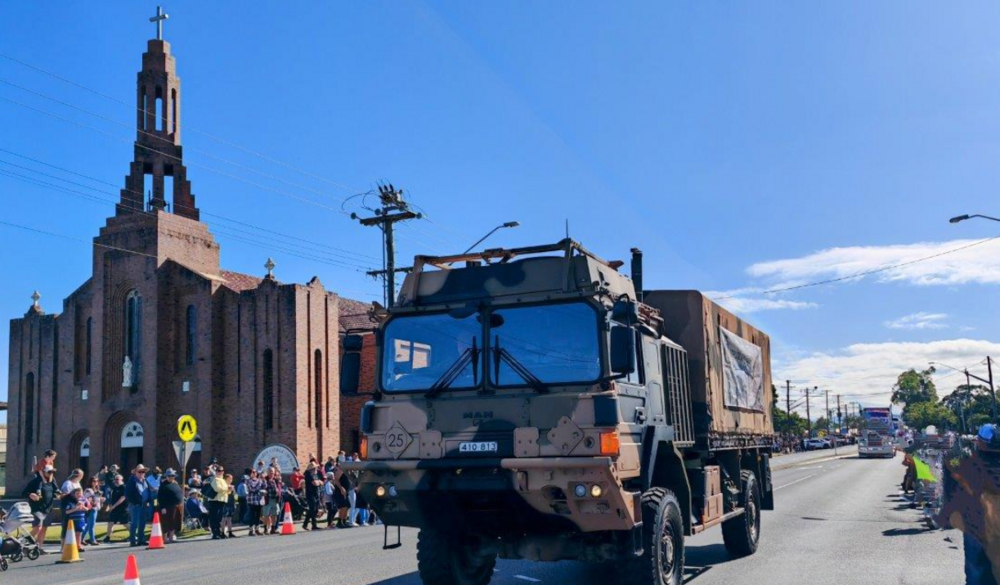
(At the Casino Truck Show)
The variety of trades appears to make them a popular addition in training exercises.
“We are a strong battalion, in my mind, and we punch above our weight when it comes to exercise and deployments. Our members are really actively involved in getting away to major ADF exercises.
“We've got Talisman Sabre coming up next year, which will be a really exciting opportunity. We're hoping to send some people to Christmas Island as an example. So they do get to travel as well, and then there's other opportunities to try and go to New Zealand or support other ADF activities.”
The Talisman Sabre is an exercise between “The Australian Defence Force and all its partner nations from across the Indo Pacific, as well as Europeans. They tend to get involved because they want engagement in the region.
“Whether it's only a small force element or some are sending larger contingents over, like US Marines, for example, and they'll exercise all around Australia.
“It is getting bigger compared to what it was ten years ago, which is great to see because it's an opportunity for our members to get in there and do their role in the defence of Australia.”
Army reserve recruits generally “work” between 20 and 100 days a year, though it can be extended. More than 200 days a year, and it is close to full-time.
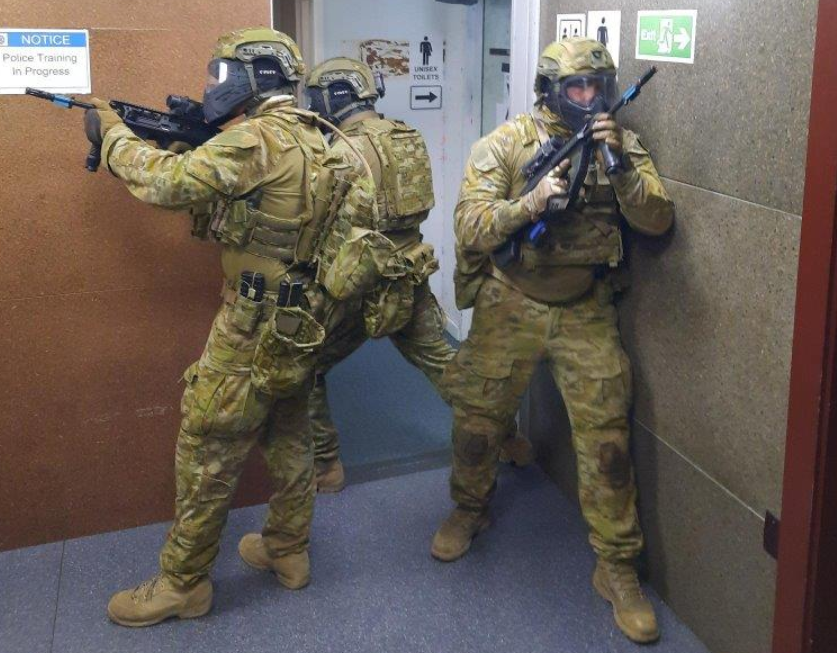
(In training)
The reserves work with ADF Careers, and some people select to swap over.
“Reservists tend to live locally to their Home Depot and unit. You can transport your membership if they move interstate state and they want to continue to serve.
You can enjoy a career in the reserves, even if you choose to sign up in your 50s. However, you still need to pass the medical and fitness tests.”
Joining the Reserves means you select a trade within the army, completing training to become a soldier and or officer. People usually join the reserves with an existing trade and learn about using that in the defence of Australia. The soldier and, in particular, officer training can take some time, but for those who want to, there are accelerated programs.
For those who have been considering the Reserves, there is an open day at the base on Military Road, where you can see some of the tools of the trade, trucks and items used by the base.
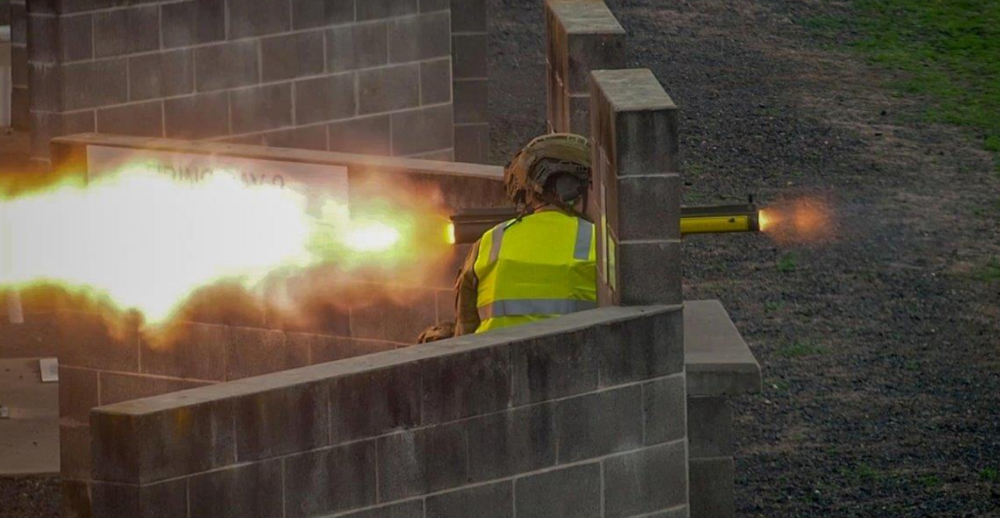
(In training)
“I've really, really, really enjoyed my career,” LC Healy said. He has been serving since the 1990s and has had some incredible experiences. One of the highlights is serving as the Commanding Officer for the 41st Battalion.
“The opportunity to come lead the 41st Battalion has been a real privilege. It’s spread over such a large geographic area, but the people here are exceptional. Our presence of exercises is really strong, and the training we do throughout the year is really rewarding.”
“An appointment with the UN was also an incredible highlight. I was a military observer for peacekeeping and deployed with Operation Paladin, which is Australia's name for the UN Truth Supervision Organisation. That was in Israel, Syria and Lebanon, and I was fortunate to serve in all three countries with my time there as a reservist.”
If you are interested, as an Australian Citizen or one of our allied countries, the number to call is 131 901 or add the Open Day on November 9th to your diary at the Military Barracks, 116 Military Road, East Lismore.

